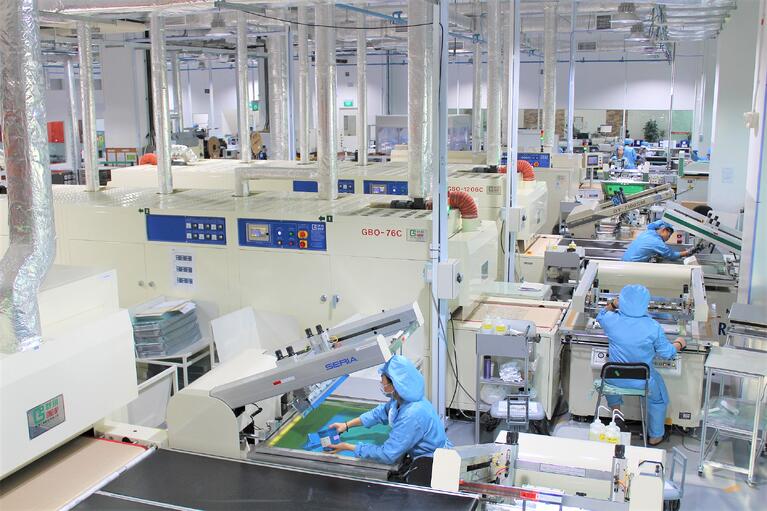Under Japanese Kaizen philosophy managers have two important roles: maintaining and improving company processes. But let’s start at the beginning, what is a business process anyway?
A business process is a set of operations that together add value to the customers.
Processes are typically divided into two categories: Operational Processes and Supporting Processes. Operational processes directly affect the value created for the customer whereas supporting processes do not provide value to customers directly but facilitate and/or enable the operational processes.
Why is it vital for managers to document processes?
Business processes are the backbone of any successful company. Standard Operating Procedure (SOP) is the set of documents that outlines how to carry out an operation. They provide step by step instructions in an effort to control the variation of the process outcome. If all employees, experienced and trainees, follow the same modu operandi the chance of variation in the product characteristics is greatly reduced.
Why are company standards critical in continuous improvement efforts?
Kaizen methodology is mainly about continuous improvement. Anytime a process fails to deliver the expected outcome it happened for one of three reasons:
- The process was not documented, no available SOP
- The SOP was not followed
- The SOP was followed but contain flaws
At Central Midori we religiously stick to this approach in our Corrective Action process.
Upon receiving a customer complaint we first and foremost pull the related procedures and working instructions and ask: was the process well documented? Was the documentation well understood by the operator? Once we validate that standards were available and explicit, then an investigation is initiated to determine whether the instructions were adequate and whether they need to be amended. Then and only then will we consider the option that the standard was not followed.
Too many companies jump prematurely to conclusions, blaming an operator error or the inspector for not catching the defect early on when often managers should be held accountable for incomplete working instructions or leaving too much room to the employee’s own interpretation.
So many times was I told when questioning the lack of documented procedures that “we have always done it this way”. Managers rely too heavily on the company’s tribal knowledge until it is too late.
It is worth noting that in many cases the culprit is not an operational process but a supporting one and while a lot of efforts are focused on manufacturing processes we tend to overlook supporting functions. For example, the design of tools and fixtures, the machine maintenance, the choice of raw materials or the amenities of the working stations.
The walkaround
To learn about a company’s processes nothing is more powerful than what we call the “walkaround”, a simple but effective practice which consists of touring the plant, stopping at workstations, observing and questioning. Candor and curiosity are two of the most important traits to engage the workers into constructive conversations about their jobs and how to make it better.
At CMI it is a weekly exercise, typically on Thursday morning from 9 to 11AM. The message is loud and clear. Value is created on the shop floor and not in a conference room. The group is made of representatives of each department (i.e. engineering, quality, purchasing, finance…)
During these sessions the managers are given the opportunity to see with their own eyes the operations and listen to the workers. Almost every time we come out with fresh new ideas for process improvement.
As odd as it sounds I was trained into the best practice of “walkaround” in the Navy aboard a nuclear submarine. Every morning the captain will pick one section of the ship and carry out a thorough inspection. Cleanliness, maintenance, safety, training records and instruction manuals were on the agenda. The tone is different but the goal is the same.
Central Midori under the leadership of the Demmel Group has adopted a very hands-on, process-oriented management approach and we take pride in our continuous improvement attitude.

